 |
| October 15, 2020 |
Dear Reader,
Speech-recognition technologies are twice as likely to incorrectly transcribe audio from Black speakers compared with white speakers. In a column from our October issue, Claudia Lopez-Lloreda explains why the racial bias of these devices is problematic and what can be done to fix it. Next, several candidates with a scientific background are running for federal office this fall. We take a look at a few key congressional races. And today's featured story is about how social media "influencers" exacerbate polarization online. |
| | Sunya Bhutta, Senior Editor, Audience Engagement
@sunyaaa | |
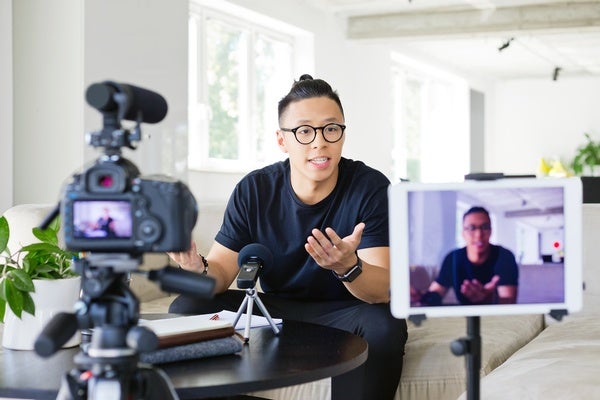 |
| |
| |
| |
| |
| |
| |
| |
FROM THE STORE
 | | | |
| |
FROM THE ARCHIVE
 | | Today's Biggest Threat: The Polarized Mind To counter it, we call for a mobilization of mindfulness practices and dialogue groups on the scale of a public works program for human civility By Kirk J. Schneider,Sayyed Mohsen Fatemi | April 2019 | | |
| QUOTE OF THE DAY
 "The problem of partisan bias is exacerbated on social media because online networks are often organized around a few key influencers. This feature of social media is one of the main reasons why misinformation and fake news has become so pervasive." Damon Centola, Director of the Network Dynamics Group | |
LATEST ISSUES
 |
| |
| Questions? Comments?  | |
| Download the Scientific American App |
| |
| |






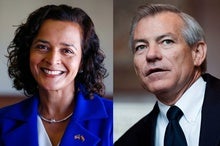

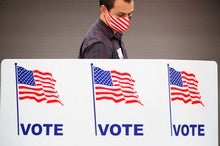
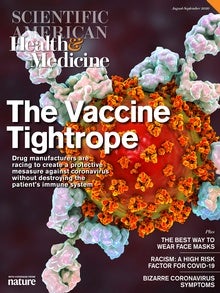

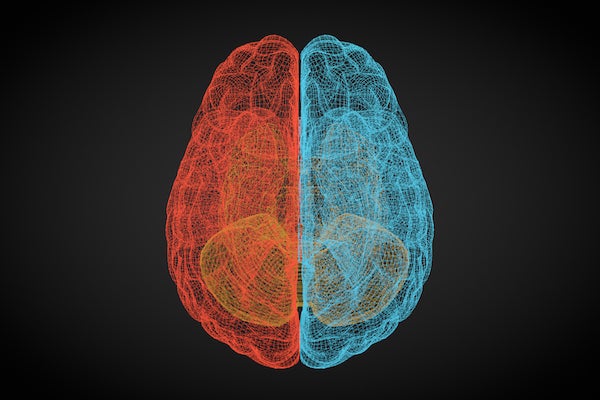
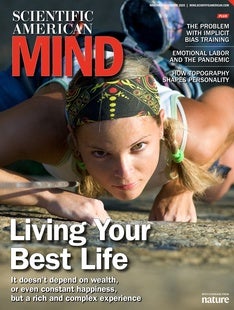

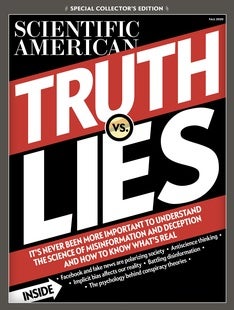
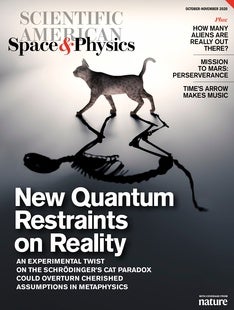
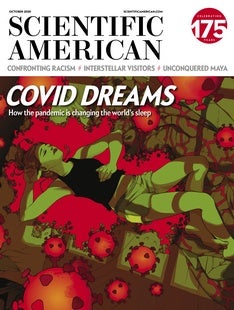



Comments
Post a Comment